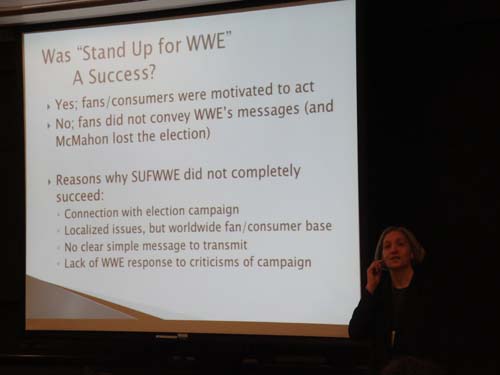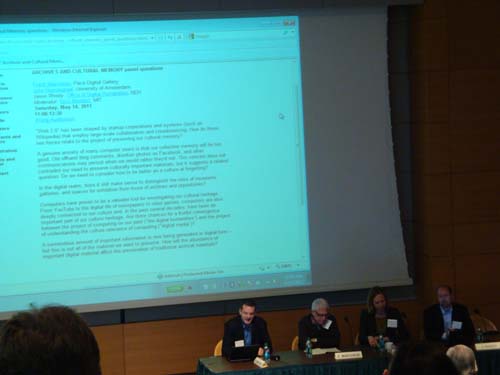Questions to be discussed in the panel:
What is the relevance of A2K and human rights to each other? Which substantive aspects of human rights – for example, health, education, food, freedom of expression, and cultural rights – are implicated by A2K issues and how? Which methodological and institutional approaches hold relevance?
Do the A2K and human rights approaches fit together easily or in tension? What unique insights can each offer the other? What would it mean to theorize A2K as a human right? Is access to knowledge better understood as a negative liberty or a positive entitlement?
Is the human rights framework – norms, institutions, and methodologies of advocacy – a useful one for advancing A2K goals? What are the risks, challenges, and opportunities involved in theorizing A2K as a human right? What venues, tools, allies and enemies might be acquired by this framing? [source: http://yaleisp.org/2010/02/a2k4perspectives/]
Jeremy Malcolm, Consumers International: A2K is about finding human rights dimensions to legal issues such as communication policies and intellectual properties etc. A2K is a framework for other human rights issues.
 Natasha Primo, Association for Progressive Communications: APC was a network of ISPs and started working with progressive NGOs and mainly in South Africa. Its membership is spreading across the world.
Natasha Primo, Association for Progressive Communications: APC was a network of ISPs and started working with progressive NGOs and mainly in South Africa. Its membership is spreading across the world.
What do these rights look like in the context of human rights? Access to info is also about access to tools which is access to infrastructure. APC outlined 7 themes: access to all, freed om of expression and association, access to knowledge, shared learning and creation – free and open source software and tech development, privacy, surveillance and encryption, governance of the internet, awareness, protection and realization of rights.
What is A2K? this evolved and now deals with intellectual rights etc. The right to access to knowledge, the right to freedom of information [national and gvt.], the right to access to publicly-funded information.
What then is the best strategy? A2K negative liberty or positive entitlement? should we step back from the human rights discourse and begin talking about development? is A2K a new right? interpreting an existing right in an information society contedst; claiming an existing right by pushing a human development agenda?
APC talks also about linguistic access – ability to impart knowledge in their own language.
Human rights or human development / human capabilities? There are development activists who claim human rights discourse is not useful – so do we then need to talk about development capabilities approach to social justice – including the rights-based approaches?
Key principles of human development and the capabilities approach:
must develop people’s capabilities to lead creative and fulfilling lives. Must allow us to examine the individual’s capacity for exercising choice of what to do and how to be without a context of real or substantive choice, rather than adaptive preferences. Should be the primary goal to economic development.
10 capabilities and t he international bill of rights.: ability to live life, bodily health, bodily integrity, being treated with dignity, etc.
Thinking of norms, institutions and methodologies for advocacy. Should we talk about human capabilities rather than human rights? how central is access to knowledge to human capabilities? what is the key challenge: to advocate for a new right or do we look at how realize existing rights and how we turn rights into capabilities? or both?
 Fiona McQuarrie: Can social media mobilize audiences and consumers for non-commercial purposes?
Fiona McQuarrie: Can social media mobilize audiences and consumers for non-commercial purposes? 
 Natasha Primo, Association for Progressive Communications: APC was a network of ISPs and started working with progressive NGOs and mainly in South Africa. Its membership is spreading across the world.
Natasha Primo, Association for Progressive Communications: APC was a network of ISPs and started working with progressive NGOs and mainly in South Africa. Its membership is spreading across the world.